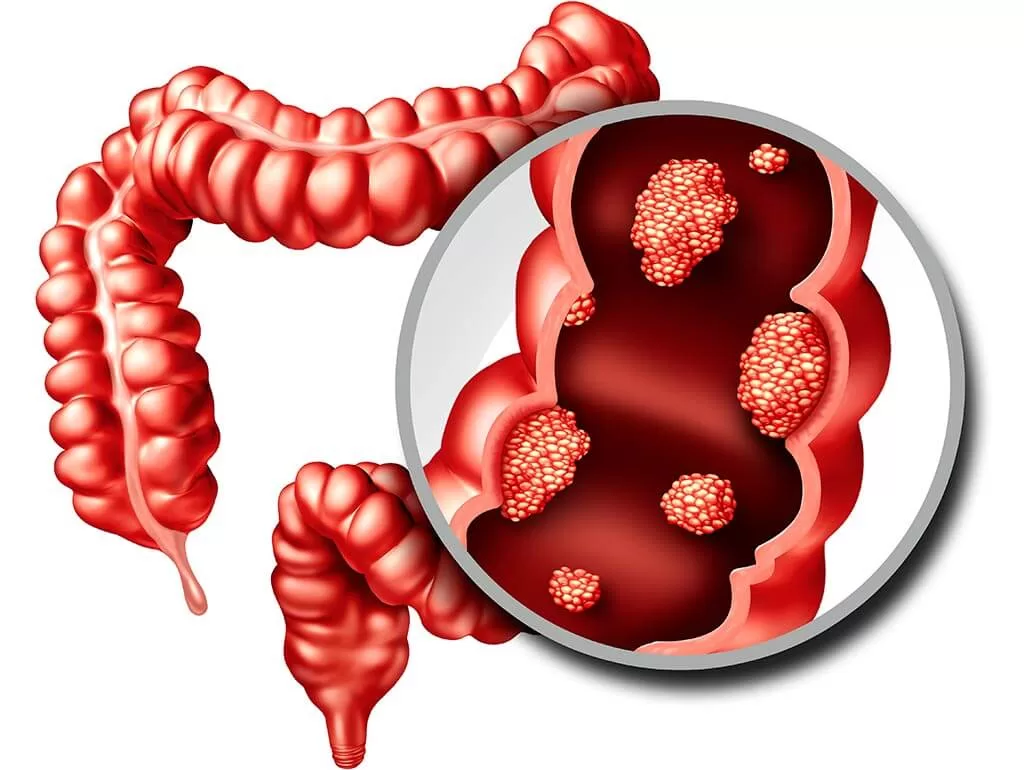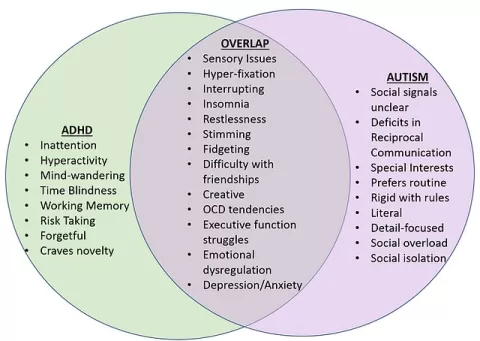Bowel cancer, also known as colorectal cancer, poses a significant health risk globally, affecting millions each year. As awareness around bowel cancer symptoms and treatment options grows, it’s essential to recognize the importance of early detection for improving survival rates. This cancer type is particularly concerning for younger adults, highlighting the need for vigilance in recognizing warning signs. In this article, we will explore various facets of bowel cancer, including its symptoms, treatment approaches, and the latest statistics on bowel cancer survival rates. By increasing understanding and awareness, we can empower individuals to take proactive steps in their health journey.
Colorectal malignancy, commonly referred to as bowel cancer, encompasses a range of tumors that can develop in the colon or rectum. Understanding the signs of this disease is crucial for effective intervention and management. Many people may experience symptoms such as changes in bowel habits or unexplained weight loss, which could indicate a serious underlying issue. Recognizing these symptoms early can lead to timely bowel cancer treatment, significantly impacting survival outcomes. In the following sections, we will delve deeper into the various signs of bowel cancer and the available treatment options.
Understanding the Symptoms of Bowel Cancer
Bowel cancer, also known as colorectal cancer, can present a variety of symptoms that often go unnoticed, particularly in the early stages. Common signs include changes in bowel habits, such as persistent diarrhea or constipation that doesn’t resolve. Additionally, individuals may notice blood in their stool or experience rectal bleeding, both of which should prompt immediate medical attention. Abdominal pain, especially if it’s persistent and unexplained, can also be a significant indicator of bowel cancer. Recognizing these symptoms early is crucial for timely diagnosis and treatment.
Another alarming symptom to watch for is unexplained weight loss, which can occur even when there are no changes to diet or exercise. Some patients may also report a sensation of incomplete evacuation after a bowel movement, which can be distressing and warrant further investigation. It’s essential to consult a healthcare professional if any of these symptoms are experienced, as they can lead to early diagnosis and significantly improve treatment outcomes.
Bowel Cancer Treatment Options Explained
When diagnosed with bowel cancer, patients have various treatment options available, tailored to the stage and spread of the disease. Surgery is often the first line of treatment, especially if the cancer is localized. Surgeons may remove the tumor along with some surrounding healthy tissue to ensure the best possible outcome. In cases where the cancer has spread, chemotherapy becomes a critical component of the treatment plan, utilizing powerful drugs to target and kill cancer cells.
In addition to surgery and chemotherapy, radiotherapy may be employed to shrink tumors or kill remaining cancer cells post-surgery. This treatment uses high-energy radiation and is often combined with other modalities for maximum effect. Lifestyle interventions, such as maintaining a balanced diet and engaging in regular physical activity, can also play a significant role in enhancing treatment efficacy and improving overall health during recovery.
The Importance of Early Detection for Bowel Cancer
Early detection of bowel cancer is pivotal in improving survival rates, which can be as high as 90% if diagnosed at a localized stage. Regular screenings, particularly for those at heightened risk due to age or family history, are essential. Awareness of personal risk factors and understanding the signs and symptoms can lead to earlier medical consultation and diagnostic testing, such as colonoscopy, which can help identify the disease before it progresses.
Moreover, educational campaigns aimed at increasing awareness about bowel cancer symptoms are vital, especially among younger populations who may underestimate their risk. Initiatives that promote regular check-ups and screenings can help shift the narrative around bowel cancer, emphasizing that it is not solely an ‘older person’s disease’ and that everyone should be proactive about their gastrointestinal health.
Impact of Lifestyle on Bowel Cancer Survival Rates
Research has shown that lifestyle choices significantly affect bowel cancer survival rates. Engaging in regular physical activity has been linked to improved outcomes for patients, enhancing both physical health and emotional wellbeing. Exercise can help manage weight, reduce fatigue, and combat the side effects of treatment, all of which contribute to a better quality of life for survivors.
Additionally, dietary choices play a crucial role in both prevention and recovery. A diet rich in fruits, vegetables, and whole grains, while low in processed foods and red meat, can reduce the risk of developing bowel cancer and improve survival rates for those diagnosed. Emphasizing the importance of nutrition and exercise can empower patients and their families to adopt healthier lifestyles that support overall wellness and combat the disease more effectively.
Recent Advancements in Bowel Cancer Research
Recent studies have shed light on various factors contributing to the rising incidence of bowel cancer, particularly among younger adults. Researchers are exploring the impact of dietary habits, obesity, and genetic predispositions. This ongoing research is crucial for developing targeted prevention strategies and understanding the underlying causes of this disturbing trend.
Furthermore, advancements in treatment options, such as targeted therapies and immunotherapy, are being investigated as potential game-changers in bowel cancer management. These innovative approaches may offer more effective solutions for patients, particularly those with advanced stages of the disease, thereby improving prognosis and survival rates.
Frequently Asked Questions
What are the common symptoms of bowel cancer?
Common symptoms of bowel cancer, or colorectal cancer, include persistent changes in bowel habits, such as diarrhea or constipation, blood in the stool, abdominal pain, unexplained weight loss, and the sensation of incomplete bowel evacuation. Recognizing these bowel cancer symptoms early can lead to better outcomes.
What treatment options are available for bowel cancer?
Bowel cancer treatment typically includes surgery to remove the tumor, chemotherapy to kill cancer cells, and radiotherapy to shrink tumors. The treatment plan is tailored based on the cancer’s stage and the patient’s individual circumstances. Understanding bowel cancer treatment options is crucial for effective management.
What are the survival rates for bowel cancer?
Survival rates for bowel cancer vary significantly based on the stage at diagnosis. The overall five-year survival rate is about 65%. For localized bowel cancer, survival rates can exceed 90%, while if the cancer has metastasized, the rate drops to around 14%. Early detection is key to improving bowel cancer survival rates.
How can lifestyle changes impact bowel cancer outcomes?
Incorporating lifestyle changes such as a healthier diet, regular physical activity, and reducing processed foods can positively influence bowel cancer outcomes. Studies suggest that these interventions may enhance recovery and improve overall health for individuals diagnosed with bowel cancer.
What signs of bowel cancer should I be aware of?
Be aware of signs of bowel cancer such as persistent changes in bowel habits, blood in the stool, abdominal pain, unexplained weight loss, and feeling of incomplete bowel evacuation. Early recognition of these signs of bowel cancer can lead to timely medical intervention and better prognosis.
| Key Points | Details |
|---|---|
| Recent News Highlights | 1. Rising Bowel Cancer Awareness: A woman under 40 shared her stage 4 diagnosis to emphasize the need for early symptom recognition. 2. Impact of Exercise on Survival: Regular physical activity enhances survival rates for colon cancer patients. 3. Research on Contributing Factors: Investigations into dietary habits, obesity, and genetics are ongoing as causes for rising rates among those under 50. 4. Preventive Approaches: Ferulic acid in foods may help prevent colon cancer. |
| Key Symptoms | – Changes in bowel habits (diarrhea/constipation) – Blood in stool or rectal bleeding – Persistent abdominal pain – Unexplained weight loss – Incomplete evacuation feeling. |
| Bowel Cancer Treatment Options | – Surgery: Removal of the tumor and surrounding tissue. – Chemotherapy: Medications to kill or slow cancer cell growth. – Radiotherapy: High-energy radiation to shrink tumors. |
| Survival Rates | – Localized stage: >90% five-year survival. – Regional spread: ~71% five-year survival. – Distant metastasis: ~14% five-year survival. |
Summary
Bowel cancer is a significant health issue that affects many individuals worldwide. Understanding bowel cancer symptoms, treatment options, and survival rates is crucial for early detection and better outcomes. Key symptoms to watch for include changes in bowel habits, blood in stool, and unexplained weight loss. Treatment options range from surgery to chemotherapy and radiotherapy, depending on the cancer’s stage. The survival rates for bowel cancer vary greatly, making early diagnosis essential. Awareness and proactive measures can help combat bowel cancer effectively.
The content provided on this blog (e.g., symptom descriptions, health tips, or general advice) is for informational purposes only and is not a substitute for professional medical advice, diagnosis, or treatment. Always seek the guidance of your physician or other qualified healthcare provider with any questions you may have regarding a medical condition. Never disregard professional medical advice or delay seeking it because of something you have read on this website. If you believe you may have a medical emergency, call your doctor or emergency services immediately. Reliance on any information provided by this blog is solely at your own risk.







